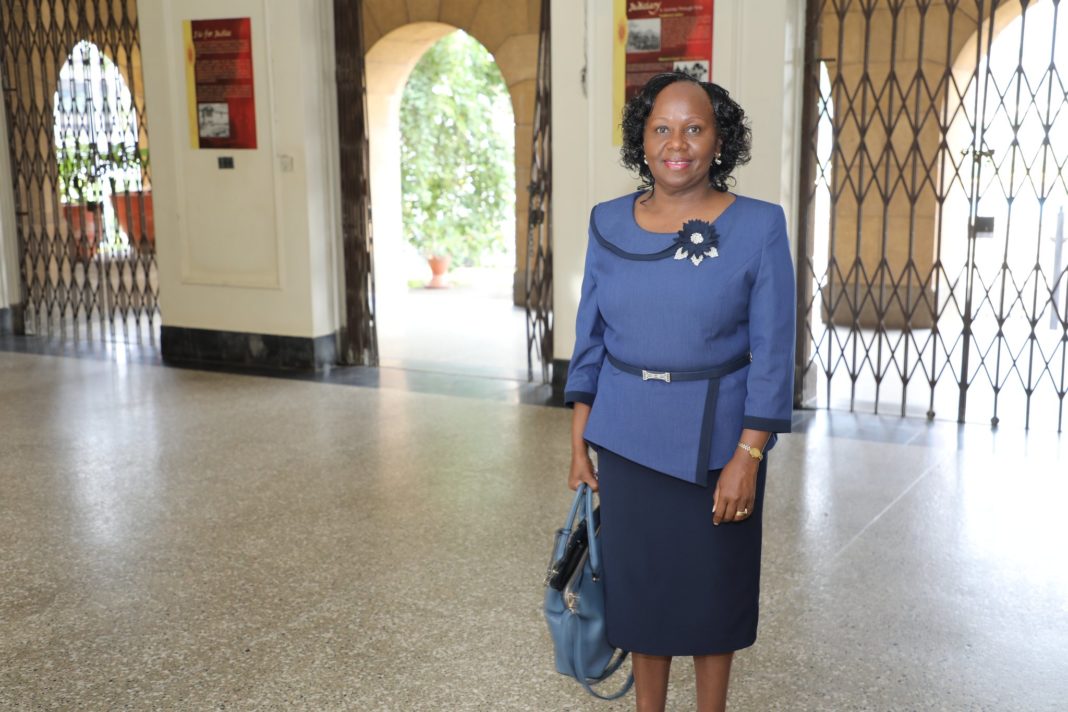Article 167 (2) limits the tenure of the Chief Justice to ten years, but the holder of the office is required to resign regardless of reaching the mandatory retirement age specified in Article 167. (1).
Lady Justice Martha Koome, Justice Marete Njagi, Philip Murgor, Justice Matthews Nduma, Lawyer Fredrick Ngatia, Justice William Ouko (Court of Appeal President), Dr. Wekesa Moni, and Ms. Alice Yano are the remaining eight candidates.
Mbote, a career educator, told the panel that she hoped to bring her extensive experience in academia to the judiciary, empowering staff and ensuring that institutions were free of corruption.
Prof. Mbote stated that she will enhance capacity building for judicial staff at no cost through her academic networks, claiming that her track record spoke for itself as she was the brainchild behind the establishment of Strathmore Law School and organizations such as Women in Law in East from the ground up.
Prof Mbote stated that if appointed CJ, she will enrich the bench with her intellectual contributions from her time in academia, establishing herself as an established academic best suited to be the next CJ.
“I am not only a leader, but also an institution builder,” she told the Judicial Committee hearing, which was presided over by Prof Olive Mugenda, adding that she served as dean at the University of Nairobi for five years, guiding the institution through difficult times.
Prof. Mbote acknowledged that the Judicial Service Commission was underfunded and promised to mobilize resources if appointed Chief Justice. “The current budget for JSC, which is around Sh 500,000, is insufficient,” she said.
Prof Mbote stated that being a woman gives her an advantage because she brings the gift of nurture, but she was quick to point out that leadership is about individuals, not gender.
Justice Chitembwe Said Juma, 54, with 29 years of legal experience, began the process yesterday with previous rulings of a defilement case and graft accusations heavily hanging on his neck and was tasked to explain.
According to Article 166 (1) of the Constitution, the Commission will interview all of the shortlisted candidates before recommending a candidate for appointment by the President, subject to approval by the National Assembly.



